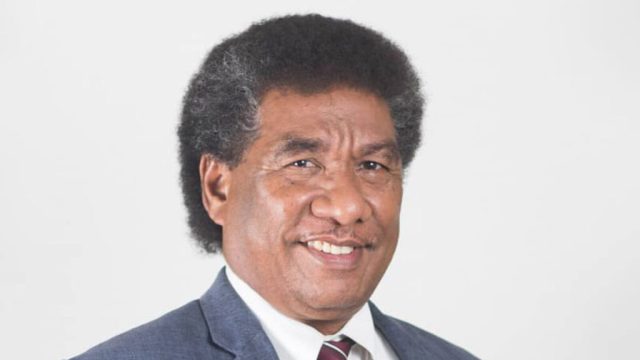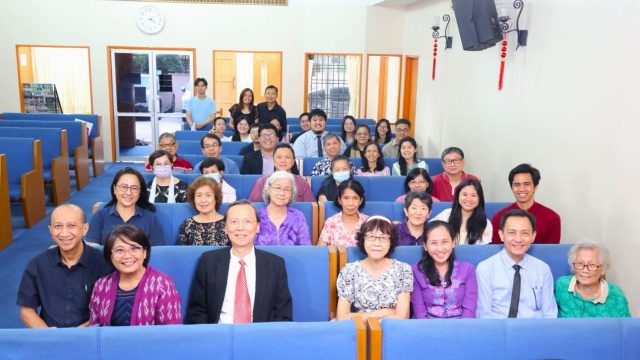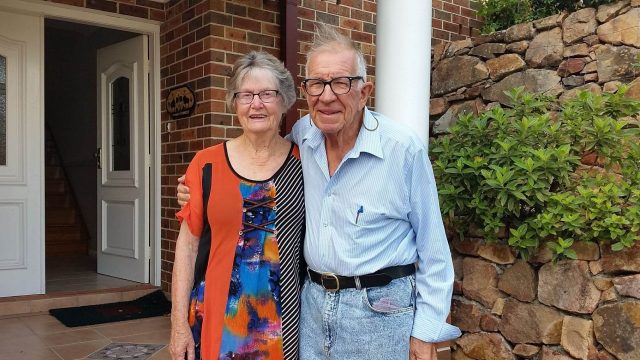Renewed push is part of the world church initiative, Mission Refocus, leaders explained.
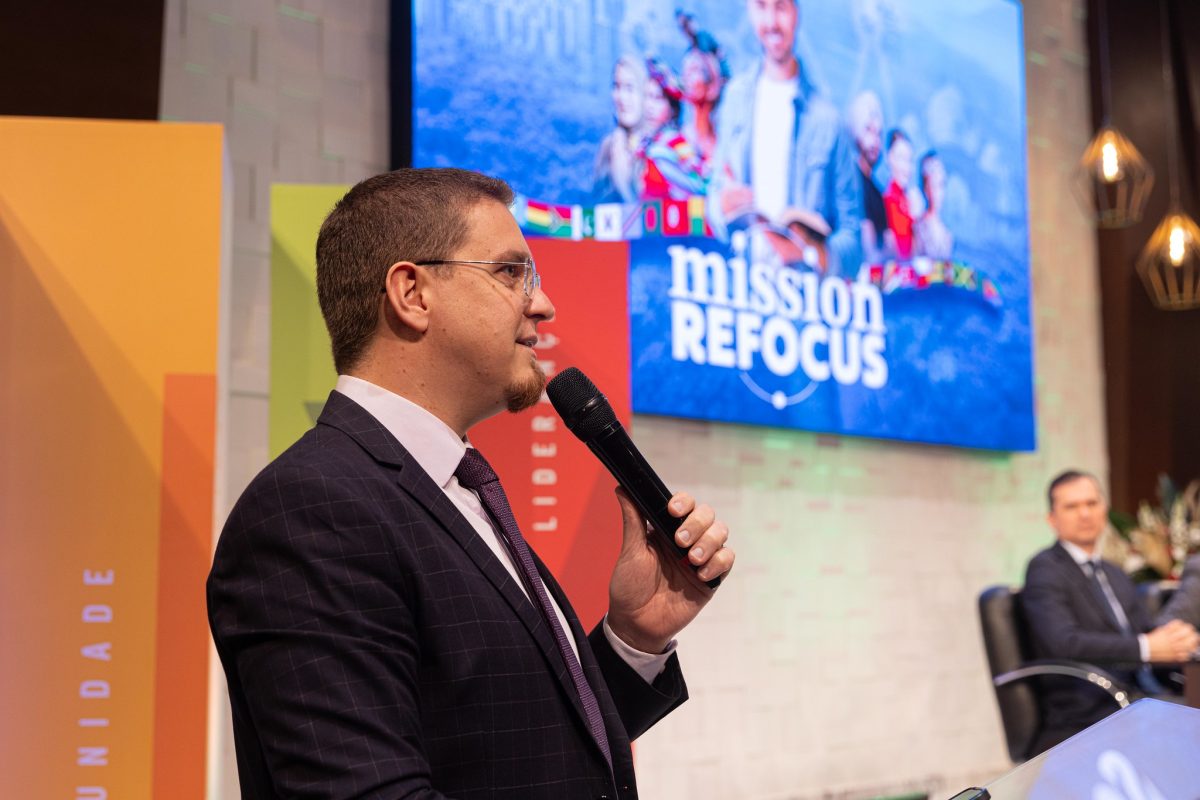
The South American Division (SAD) of the Seventh-day Adventist Church will increase the number of missionaries sent to other regions of the world, regional church leaders said. The goal is to share the biblical message, especially the truth of Jesus’ soon return, in areas with little or no Adventist presence, they said.
Church leaders said the first step in this direction took place in 2015, when 25 families joined the Missionaries to the World project, which is still ongoing. The project will soon enter its second phase, with an influx of financial resources and opportunities for more people to serve in places where support is needed to expand the preaching of the gospel.
The plan was presented during SAD’s 2023 Annual Council which included eight South American countries in Brasilia, Brazil, on November 6. It is an expansion that aims to strengthen Mission Refocus, an Adventist initiative that seeks to mobilize employees at Adventist institutions, regional offices, and members of local congregations around the world. The goal is to reinforce the church’s mission to go into the world and preach the gospel to all creation, leaders said (see Mark 16:15).
Mission Refocus is looking for people who are available to stay in the mission field for a year or more, leaders said. It also provides short-term mission trips in support of specific needs. To make this possible, the Adventist Church will rely on resources from church organizations and their members, leaders reported.
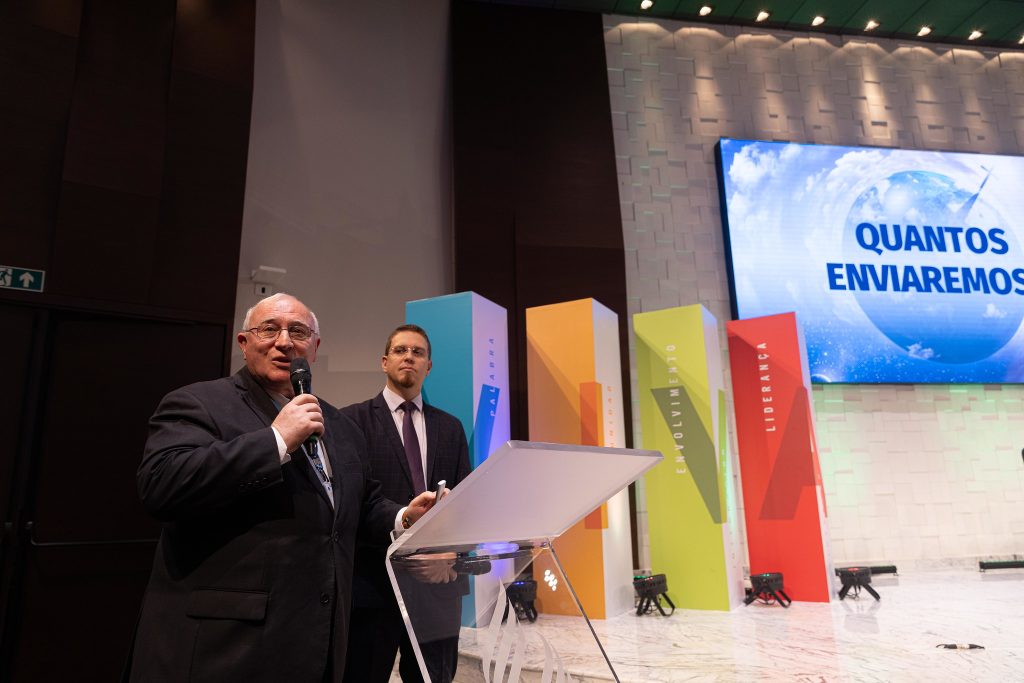
South American Support
The territorial boundaries of the South American Division of the Seventh-day Adventist Church include Argentina, Brazil, Bolivia, Chile, Ecuador, Paraguay, Peru, and Uruguay. The initiative will receive financial assistance from institutions, unions, conferences/missions, administrative offices of the church responsible for denominational activities in one or more of these states or countries.
Candidates will be selected and trained in 2024 after considering several criteria, including clear missionary vision, English proficiency, and emotional health. The candidates are scheduled to be sent in 2025 to meet the needs of other world divisions that have already submitted projects that need support. Those projects have been assessed by the SAD administration and are approved for regional support.
How It Will Work
Regional leaders explained how Mission Refocus in South America and specifically Missionaries for the World will work.
After missionary families arrive in their territory of service, they will have three months to get an overview of the local challenges and find a project connected to that community’s main challenges, which they will submit to the SAD. The project proposal will undergo an evaluation and, if approved, after six months, it will allow the missionaries to welcome two volunteers sent by the Adventist Volunteer Service (AVS).
The expenses related to accommodation, food, and stipends for these volunteers will come from the SAD. “The work in the mission field is often solitary. We want these men and women to support the great need identified in each region and the work carried out by the missionaries,” Dieter Bruns, associate secretary and SAD AVS director, said.
One year after the missionary family’s arrival in the territory, they may be eligible to receive one or more mission trips, either from church offices or institutions or from local church members, leaders explained. The purpose of these trips is to support initiatives developed in the community, such as service in various areas and evangelistic meetings.
Preparing in Advance
But where will most people come from? From local churches, Bruns said. “We want each member to be aware of the global challenge and strengthen this reality by getting involved in missionary initiatives, which until recently were not talked about so much,” Bruns said. “When you talk about it locally, it’s easier to get ready to reach the outside world,” he said.
Adventist leaders are now encouraging young people and families to pray, plan, and support the spread of the biblical message in places that need to hear about Christ. “This can be done primarily by participating in mission schools, by getting involved in local or regional initiatives, and, above all, by studying English so that it is possible to build bridges with other cultures and communities,” they said.
“We are sent by God to enlarge our tents to reach all people,” SAD vice president Bruno Raso said. “By God’s grace, we hope to have people willing to make a difference not only locally but to the ends of the earth.”
The original version of this story was posted on the South American Division Portuguese-language news site.



